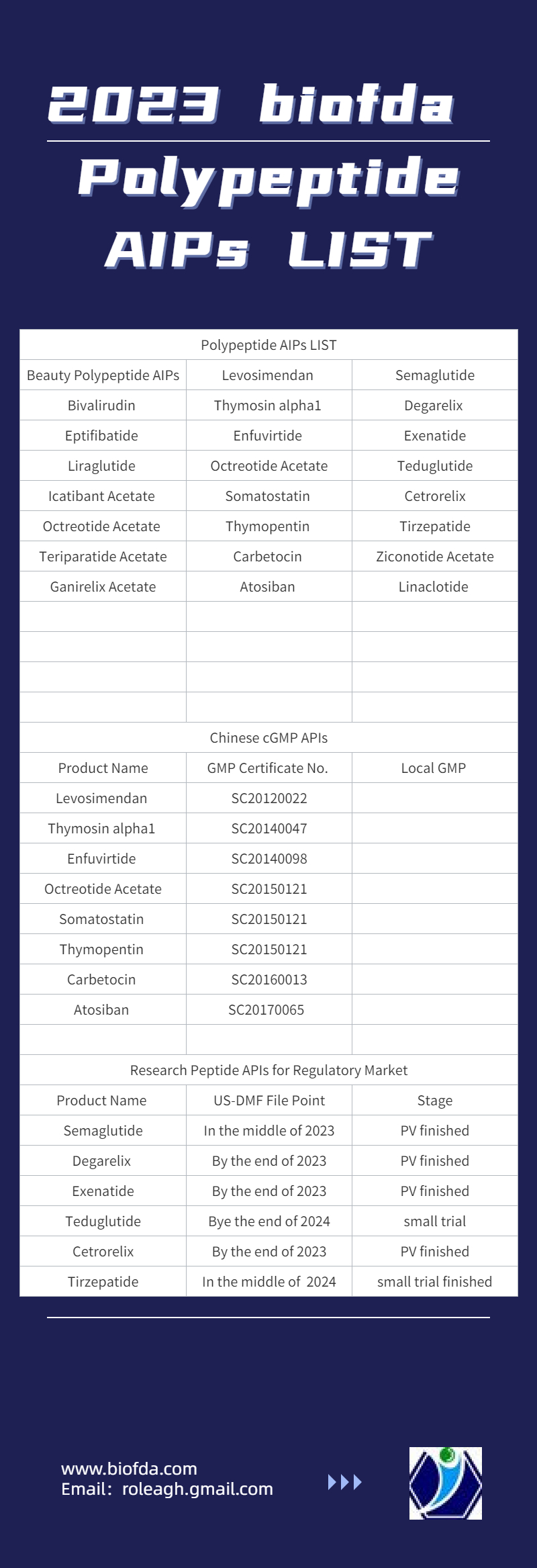Introduction
Peptides, short chains of amino acids, play a crucial role in the fields of biotechnology, pharmaceuticals, and healthcare. These versatile biomolecules serve as the foundation for various cutting-edge research, drug development, and therapeutic applications. In this article, we will explore the significance of peptide raw materials and their diverse applications in modern science.

Peptide Synthesis and Raw Materials
Peptide synthesis involves assembling amino acids in a specific sequence to create a peptide chain. The raw materials used in this process are amino acids, the fundamental building blocks of proteins. Amino acids are organic compounds characterized by their carboxyl and amino functional groups, along with a variable side chain. The specific order and composition of these amino acids in a peptide dictate its properties and functions.
The Role of Peptides in Biotechnology
Peptides have revolutionized biotechnology due to their unique properties. One of their most significant advantages is their specificity in molecular interactions. This specificity makes them ideal candidates for targeting specific cells, receptors, or enzymes. Peptides can act as molecular switches, turning specific cellular processes on or off, making them invaluable tools for researchers and clinicians.
Peptide-Based Drug Development
The pharmaceutical industry has harnessed the potential of peptides to develop innovative and highly targeted drugs. Peptide-based drugs offer advantages such as reduced side effects and enhanced efficacy. They can mimic natural protein interactions, making them effective in treating various diseases, including cancer, diabetes, and autoimmune disorders.
Antimicrobial Peptides
Antimicrobial peptides (AMPs) have gained considerable attention in recent years due to the increasing threat of antibiotic resistance. These small peptides can disrupt the membranes of bacteria, fungi, and even viruses, rendering them a potential alternative to traditional antibiotics.
Peptides in Personalized Medicine
The use of peptides in personalized medicine is a rapidly emerging field. Peptides can be tailored to target specific mutations or biomarkers present in an individual’s disease, enabling more precise and effective treatments. This personalized approach holds great promise for improved patient outcomes.
Peptide Therapeutics and Beyond
Peptide-based therapeutics are not limited to human health; they also find applications in agriculture, cosmetic products, and various industrial processes. In agriculture, peptides can be used to develop environmentally friendly pesticides or enhance plant growth. In cosmetics, peptides are incorporated into skincare products for their anti-aging and skin-repairing properties.
Future Perspectives
As research in peptide science continues to advance, we can expect even more groundbreaking discoveries and innovations. Improved peptide synthesis methods, enhanced stability, and better delivery systems will further expand the applications of peptide-based technologies.
Conclusion
Peptide raw materials are the cornerstone of biotechnology, driving advancements in drug development, personalized medicine, and numerous other fields. These small yet mighty molecules have demonstrated immense potential in revolutionizing the way we treat diseases and develop various products. As science progresses, harnessing the power of peptides will undoubtedly lead to a brighter and healthier future for humanity.